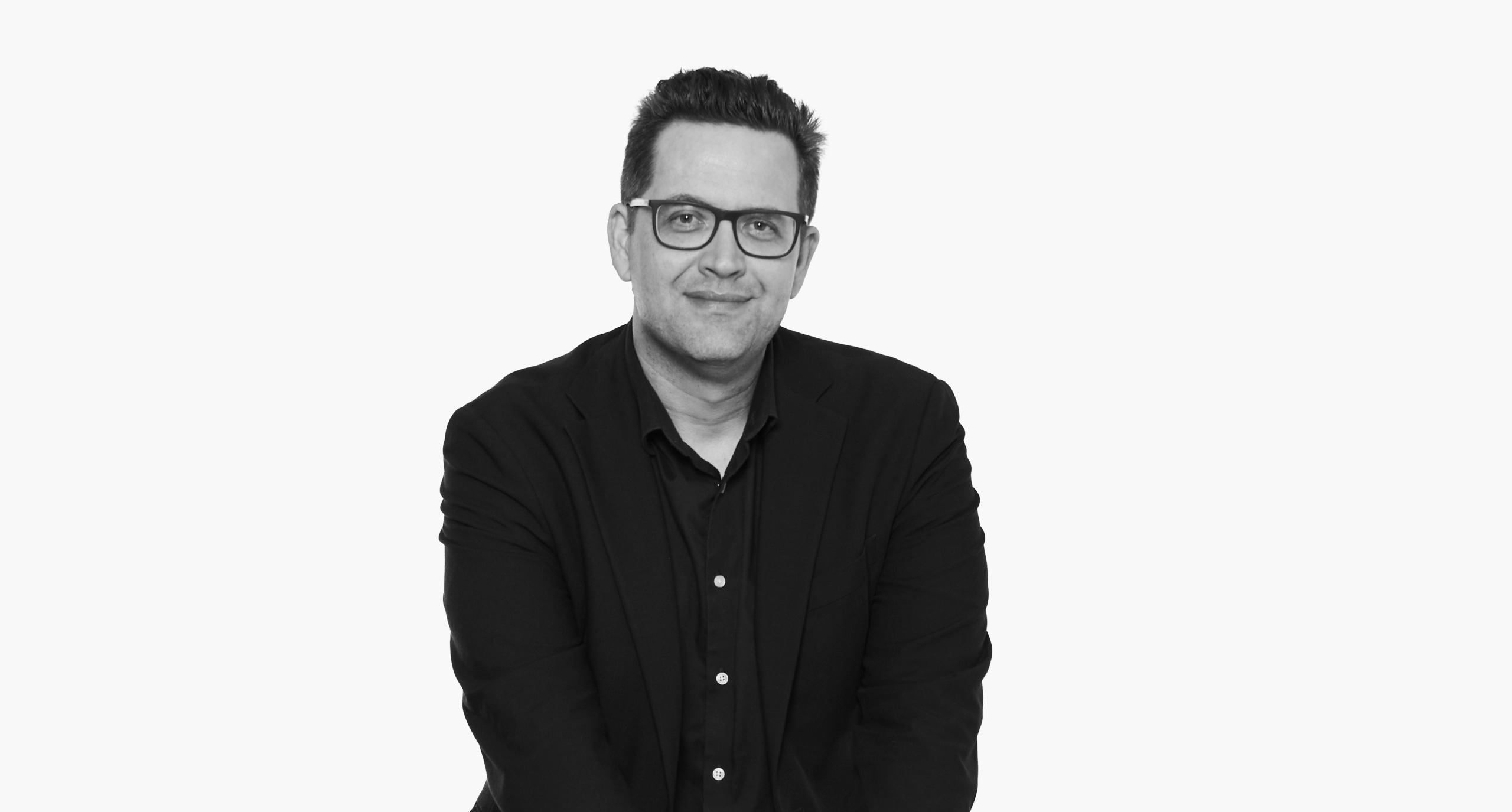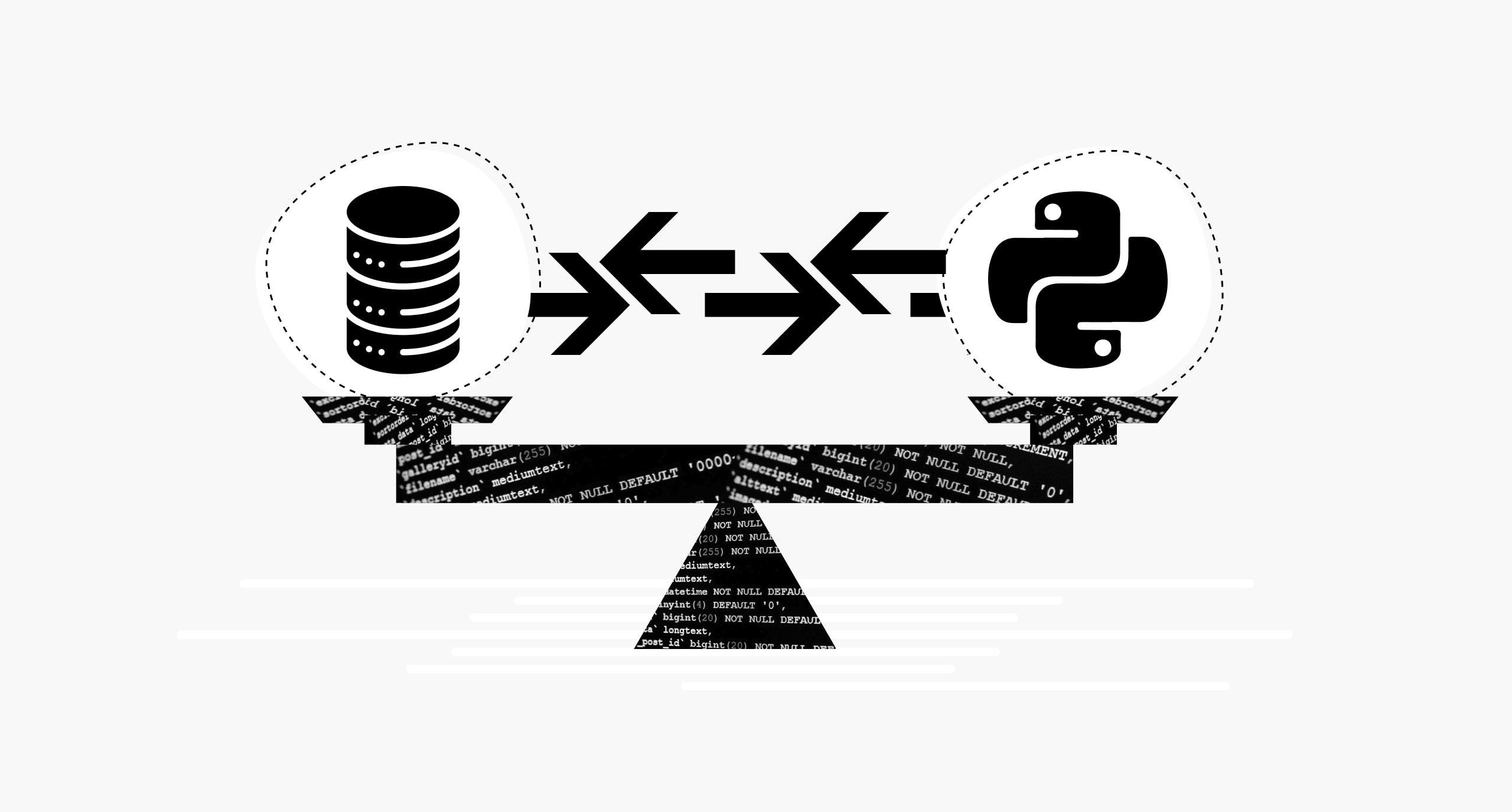From running the cash register at his dad’s video stores to competing with AOL, Chris Menier‘s résumé is packed with titles like “CEO“, “president” and “founder”. It’s a success story most would kill for—but, despite this, he still went back to school to push a little further.
Chris is now General Partner at Hunter Search Capital in Washington DC. So, let’s dive into his story and find out how this private equity investor found his time on the IE Brown Executive MBA.
Growing up
“At 19 years old, my dad was in a motorcycle accident and he lost his leg from the knee down,” says Chris. “He was in the hospital for about six months. From that point on, he decided to prove himself in everything he could. Water skiing, scuba diving, becoming a police officer, to eventually opening a chain of video stores. I grew up splicing cables and fixing VCRs. Even if I didn’t know it at the time, as I was counting out the cash boxes at the end of the day, I was understanding what it was to be an entrepreneur.”
Chris’ first taste of being in the driver’s seat—albeit with a 51%-49% split—was back in 1997. “Aol was sending CD ROMs to everybody’s houses to have unlimited dial up internet access,” says Chris. “But certain areas of the country couldn’t call AOL locally, so they couldn’t get unlimited internet. My dad and I found those areas and installed telecommunications equipment for unlimited access. We ran that business for a few years.”
The duo went on to buy various companies before selling them to one of AOL’s competitors. And something in the sense of opportunity, in being David versus Goliath, stuck.
Going back to school
Chris moved into sales. That involved building out organizations and even moving abroad to the UK. “Learning how to do channel partnerships globally, trying to sell into different languages and cultures, it had a huge impact on me… My two teenage daughters go to school with a very international mix of kids now. My wife and I did that on purpose. I say this to everyone stepping into an unfamiliar environment—if you feel slightly uncomfortable or overwhelmed, you’re probably making the right choice.”
Chris has since moved back to the US. But that international outlook has led him through executive roles across the tech industry. It’s even made him a Forbes columnist for topics on digital innovation, CX and AI. “Companies essentially align themselves with thought leaders,” says Chris. “And in order to become a thought leader, you need to express yourself in a way that people can consume at a broad scale. I realized that writing helps me organize my thoughts.”
And while Chris was picking up knowledge and honing his technical muscle, he noticed something was missing. “One of the things I’m most proud of is holding a US patent,” he says. “But, in becoming more technical, I realized I needed the credentials to give myself and others confidence that I could run businesses at a larger scale.”
“That’s when I started looking into getting an MBA.”
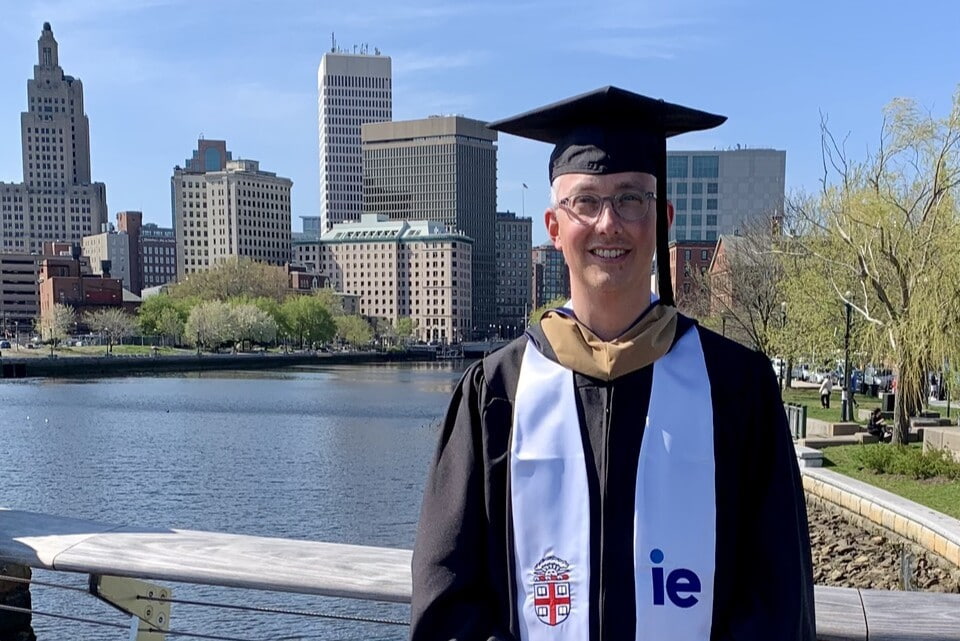
“At the time, I was a general manager of an Artificial Intelligence company, Vitria,” says Chris. “As you can imagine, I was a little busy, but I knew I needed a program with academic rigor. Of course, it would take me a lot more time and work. But there was a need to take myself, say, as a rough-cut diamond and add a bit of polish to it. And I felt business school could do that for me.”
Choosing the IE Brown Executive MBA
Chris explains looking across the full spectrum of options. Places like Stanford and Harvard and Wharton. “Candidly, though,” says Chris. “A full-time, two year program just wasn’t in the cards for me. I needed to a program where I could continue working at the same time.”
Continuing his search, Chris’ attention fell on Georgetown University, which happened to be just down the road. “You can do their MBA on weekends and it includes overseas trips,” says Chris. But then he found the IE Brown Executive MBA. “I’d heard of IE from my time in Europe. When I researched Brown’s partnership with IE and saw how deeply international the program was alongside an Ivy League university, I thought, this is fantastic.”
“I knew the people I’d meet would be super interesting,” says Chris. “50% of the cohort came from outside of the US, representing Europe and Oceania and beyond. There’s no doubt in my mind that globalization will continue to thrive. So being in such a global program made a lot of sense to me.”
The final deal-maker was the residential periods across Providence, South Africa and Spain.
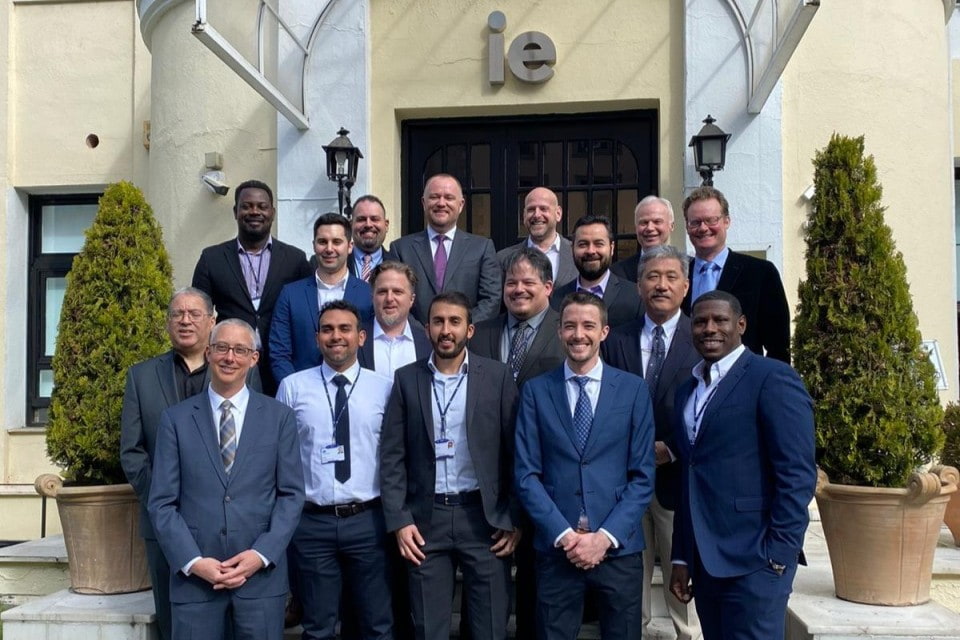
“I love Madrid,” says Chris. “I really do. It’s a beautiful city. In Europe, you get to form these connections much more quickly than you might elsewhere. You can go into a bar and have a beer or a glass of wine and you know, they just feed you and it’s wonderful. I’m looking at my daughter now and saying, you should really, really think about school in Madrid.”
A unique curriculum
The IE Brown Executive MBA is a 15-month, blended program for professionals with 10+ years of experience. It features five in-person residential sessions that total around 7.5 weeks, interspersed with flexible, interactive online learning. The curriculum combines IE’s business knowledge with Brown’s approach to the humanities for a unique curriculum.
As a marketer, Chris found new tools to differentiate his skill set. “IE’s Marketing Management gave us a great framework for repeating and scaling marketing strategies with a very data-centric approach. Jose Ignacio Gafo, aka Nacho, brought so much energy to that class. I really appreciated that our teachers weren’t just sitting in ivory towers. These were folks who had done the work out in the field, telling you what they did and how it worked.”
“Also Peter Bryant’s class on entrepreneurship, which highlighted getting to the bare bones of an MVP. He spoke about how there’ll be plenty of excitement about building different features, but you have to ask, what is the MVP really? What is the problem you’re trying to solve? And once you get to that problem, you have to figure out if it’s worth solving. And what is the bare minimum you need for to solve that problem?”
Meanwhile, courses like Seth Rockman’s “Slavery and Capitalism” delivered an entirely different perspective. “It was nothing like what I thought I’d take in business school,” says Chris. “It kind of blew everybody away. We were centered in this idea that, hey, we’re not just going to teach you to make money. We’re going to show you not only the impact on what you do for customers and employees, but also how capitalism was formed and its impact on future generations. That grounded us in how all our courses flowed together over the next couple of years.”
Tangible change
One of the unique benefits of taking a part-time MBA is the opportunity to integrate lessons in your daily practice. Chris, who was working as a GM during his studies, began applying the work in real time. “There were aspects of marketing, like identifying your ideal customer profile, where I now had a framework to scale those concepts. But also the people leadership classes. Professor Jill Payne gave an exceptional course that you could start to implement right away—and I did.”
Furthering its reach into the students’ professional lives, the IE Brown Executive MBA offers career mentorship, which is both tailored to the individual and appropriate to their level of expertise.
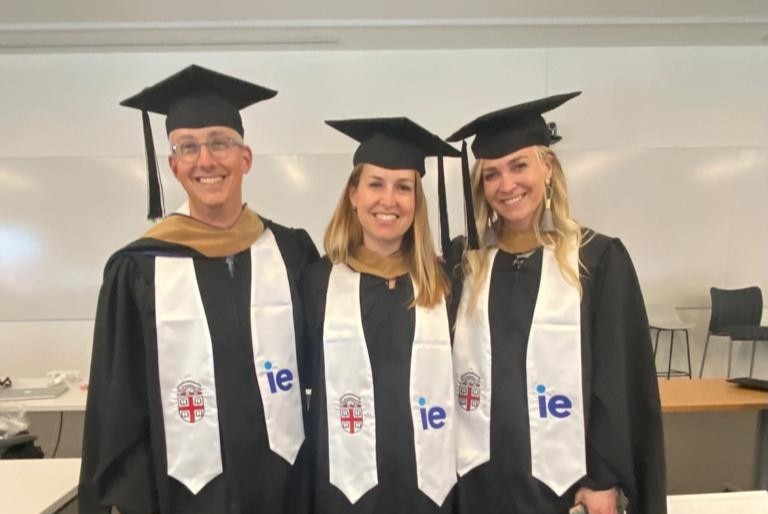
“The way our career advisors helped us was really impactful,” says Chris. “They send a survey out to direct reports, your boss and then some peers. They ask some pretty direct questions, and it’s all done anonymously. Getting the feedback and really seeing how I was perceived through others’ eyes was extremely impactful and humbling. I gained a better understanding that when I took certain actions, this is how other people experienced it. I know it sounds very elementary, but it was done in such a thoughtful and scientific way. They don’t just give you the results and say, okay, here you go. They coach you through them, giving you strategies to work on your weaknesses.”
Chris’ career has since gone from strength to strength. With a global network and formalized skills, he’s confident of his credentials to lead in the right direction.
Tips for an impactful career
“I was running a business called Transifex in Greece,” says Chris as we touch on life after graduation. “I came in as CEO when the company was having a bit of trouble. The industry as a whole was being disrupted by AI. My team said, look, we have three things going for us that new startups don’t have. We have cash flow, so we have money coming into the business. We have a mature development team who can make these products. But, most importantly, we have tens of thousands of end users who work as great beta testers for us. With that, we were able to rapidly innovate through these MVPs. That’s what won it for us—we turned things around, someone acquired the company, and we made money for our shareholders. Boy, that was fulfilling.”
“In my new role as an investor in the lower middle market space, I’ve found I’m working with entrepreneurs mostly around identifying their deal customer profile and product-market fit,” Chris continues. “That’s been a key to success, not just with SaaS companies, but across most businesses. At Hunter Search Capital, we’re invested in med spas, electrical contracting companies, practice management software… the list goes on. And through both experience and education, I’ve learned that businesses across the spectrum have similar issues and complementary playbooks for success. That’s something I’ve been able to translate into meaningful guidance for our entrepreneurs, now that I’ve moved from an operator to an investor.”
We finish the interview by asking Chris to describe the IE Brown Executive MBA in three words. He smiles: “Global, impactful and comprehensive.”
“You know, I had wondered, do I really need an mba? I’m a successful person who’s been in executive positions. My career continues to move up to the right. So, do I need to invest the time, money and energy into this? But the answer was yes, absolutely. There was no downside. It gave me confidence. I honed those skills I learned through sheer grit and hard work. It made me so much more efficient and scalable. And on top of that, I created this wonderful network within the Brown and IE community. I’m an alum of both. I proudly wear my brown hats and my IE jacket.”
Find out more about the IE Brown Executive MBA
Take the next step in your career with a formalized education in business.

Benjamin is the editor of Uncover IE. His writing is featured in the LAMDA Verse and Prose Anthology Vol. 19, The Primer and Moonflake Press. Benjamin provided translation for “FalseStuff: La Muerte de las Musas”, winner of Best Theatre Show at the Max Awards 2024.
Benjamin was shortlisted for the Bristol Old Vic Open Sessions 2016 and the Alpine Fellowship Writing Prize 2023.



